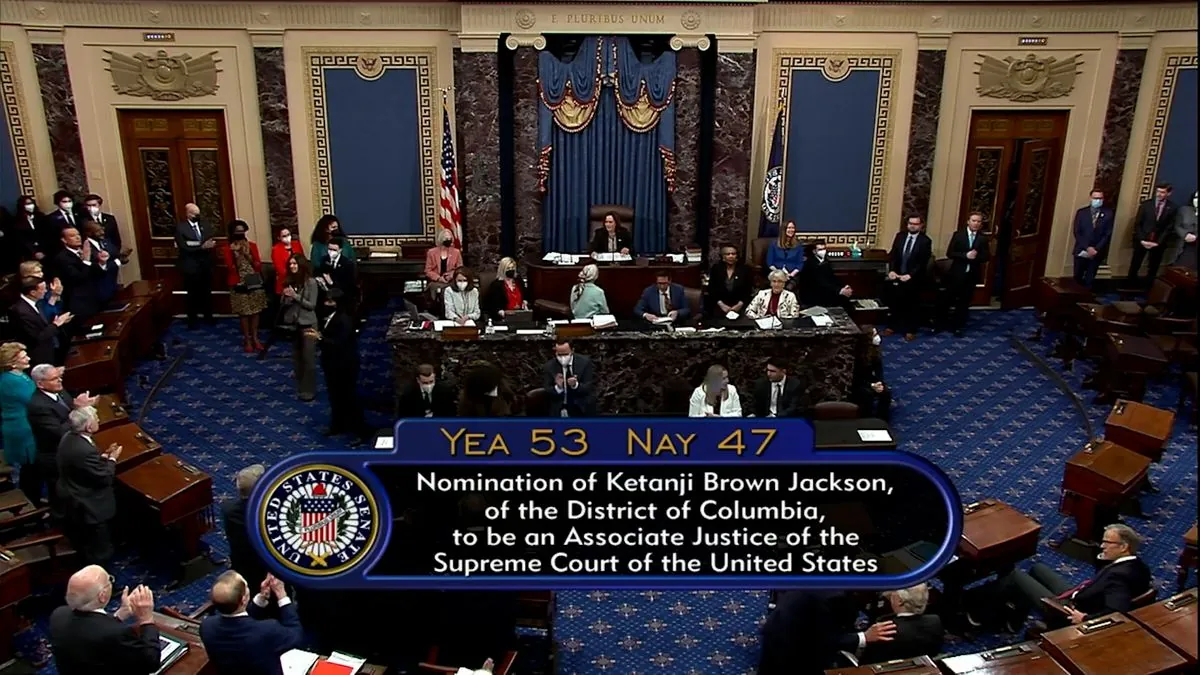Senate Confirms Biden's 210th Judge Amid Republican Opposition
The U.S. Senate has confirmed Kevin Ritz to the 6th Circuit Court of Appeals, marking President Biden's 210th judicial appointment. The confirmation faced opposition from Tennessee's Republican senators over consultation concerns.

The United States Senate has confirmed Kevin Ritz, a prominent Tennessee prosecutor, to serve on the 6th U.S. Circuit Court of Appeals, despite opposition from his home-state Republican senators. This appointment marks President Biden's 210th confirmed judicial nominee, bringing him closer to surpassing former President Trump's tally of 234 federal bench appointments during his four-year term.
The 6th Circuit Court of Appeals, established in 1891, holds jurisdiction over federal appeals from Kentucky, Michigan, Ohio, and Tennessee. With Ritz's confirmation, the court maintains its composition of 16 active judges, operating from the Potter Stewart United States Courthouse in Cincinnati, Ohio.
The confirmation vote, which took place on September 16, 2024, resulted in a narrow 48-46 victory, largely along party lines. This outcome reflects the ongoing prioritization of judicial appointments by Senate Democrats, who aim to secure as many confirmations as possible before the end of Biden's term.
Senator Dick Durbin, the Democratic chair of the Senate Judiciary Committee, praised Ritz's qualifications, stating:
"Kevin Ritz is a seasoned trial attorney and an accomplished appellate practitioner with nearly 20 years of legal experience."
However, the nomination faced significant Republican opposition, led by Tennessee's senior senator, Marsha Blackburn. The primary contention centered around the alleged lack of consultation by the White House with Tennessee's Republican senators before selecting Ritz. This dispute highlights the evolving nature of the "blue slip" tradition, which dates back to 1917 and was formalized by the Senate Judiciary Committee in 1956.

The blue slip process, historically allowing home-state senators to block judicial nominees, has undergone changes in recent years. During the Trump administration, the Republican-led Senate ceased requiring blue slips for appellate court nominees, a practice maintained by the current Democratic-led Judiciary Committee under Durbin's leadership.
Republicans also raised concerns about an ethics complaint allegedly filed against Ritz in 2008, claiming he misrepresented the terms of a plea deal. Ritz denied any wrongdoing during an April 2024 hearing, stating he was unaware of any complaint filed with the Justice Department's Office of Professional Responsibility (OPR). Established in 1975, the OPR is responsible for investigating misconduct allegations involving Department of Justice attorneys and often resolves complaints without notifying the subject if deemed meritless.
The confirmation process was notably influenced by Senator Joe Manchin of West Virginia, who, despite leaving the Democratic Party in May 2024, continues to caucus with Senate Democrats as an independent. Manchin's support for Ritz's nomination proved crucial, even though he had previously stated his intention to require at least one Republican vote for judicial nominees.
As of 2024, there are 179 active judges serving on the U.S. Courts of Appeals, with the average time from nomination to confirmation for federal judges having increased in recent decades. The ongoing focus on judicial appointments underscores the significant role these lifetime appointments play in shaping the federal judiciary and, by extension, the interpretation of U.S. law for years to come.


































